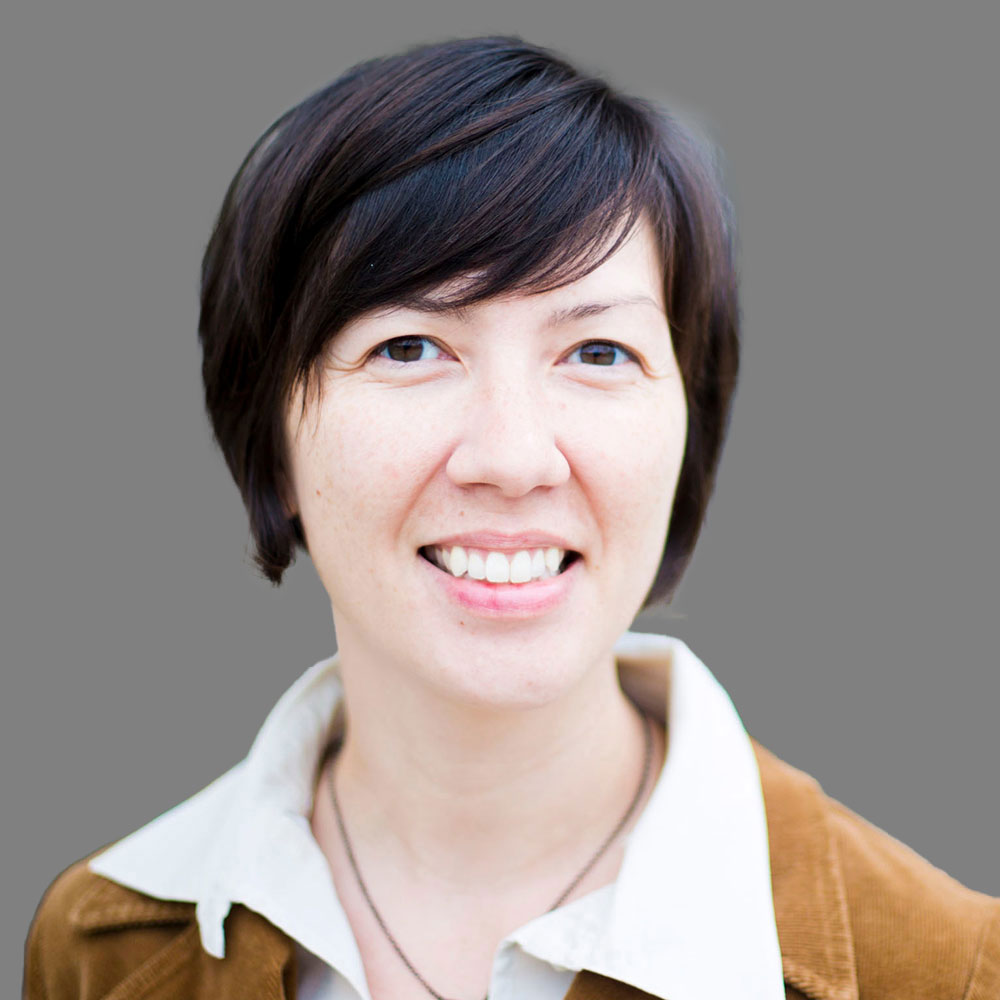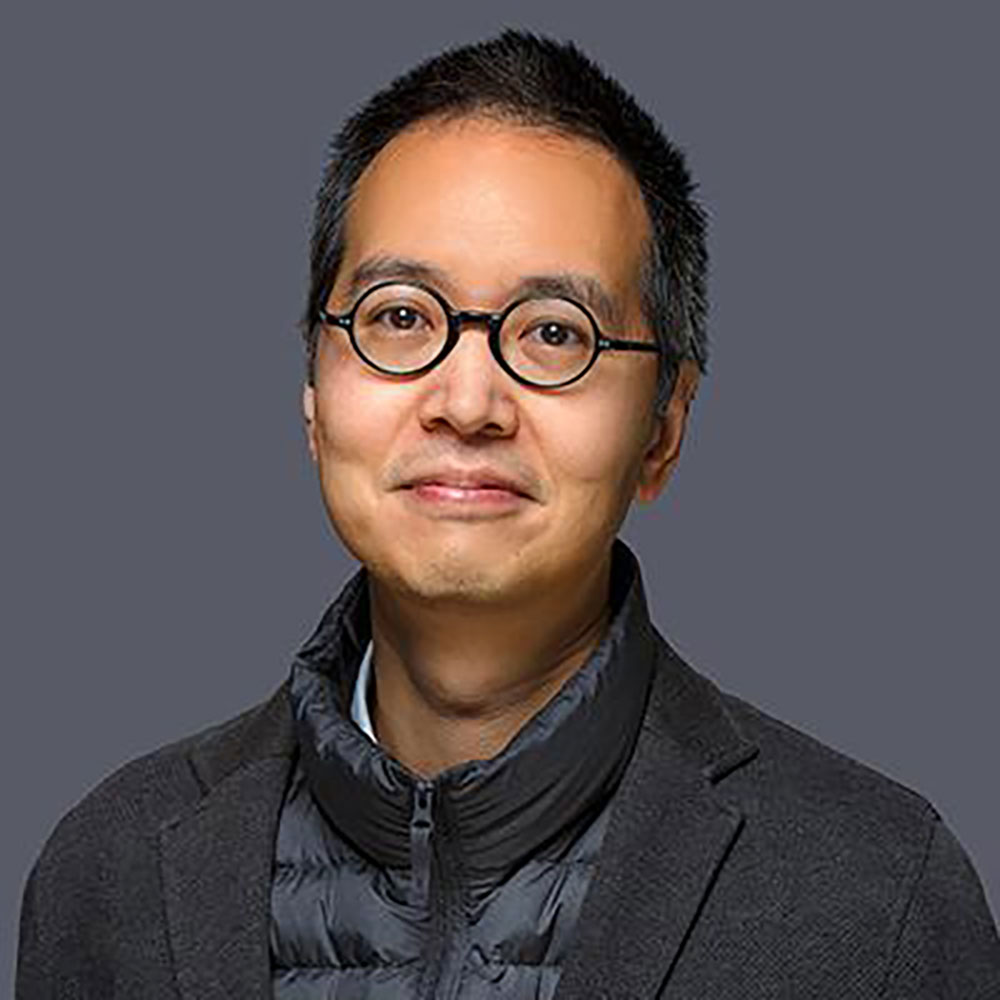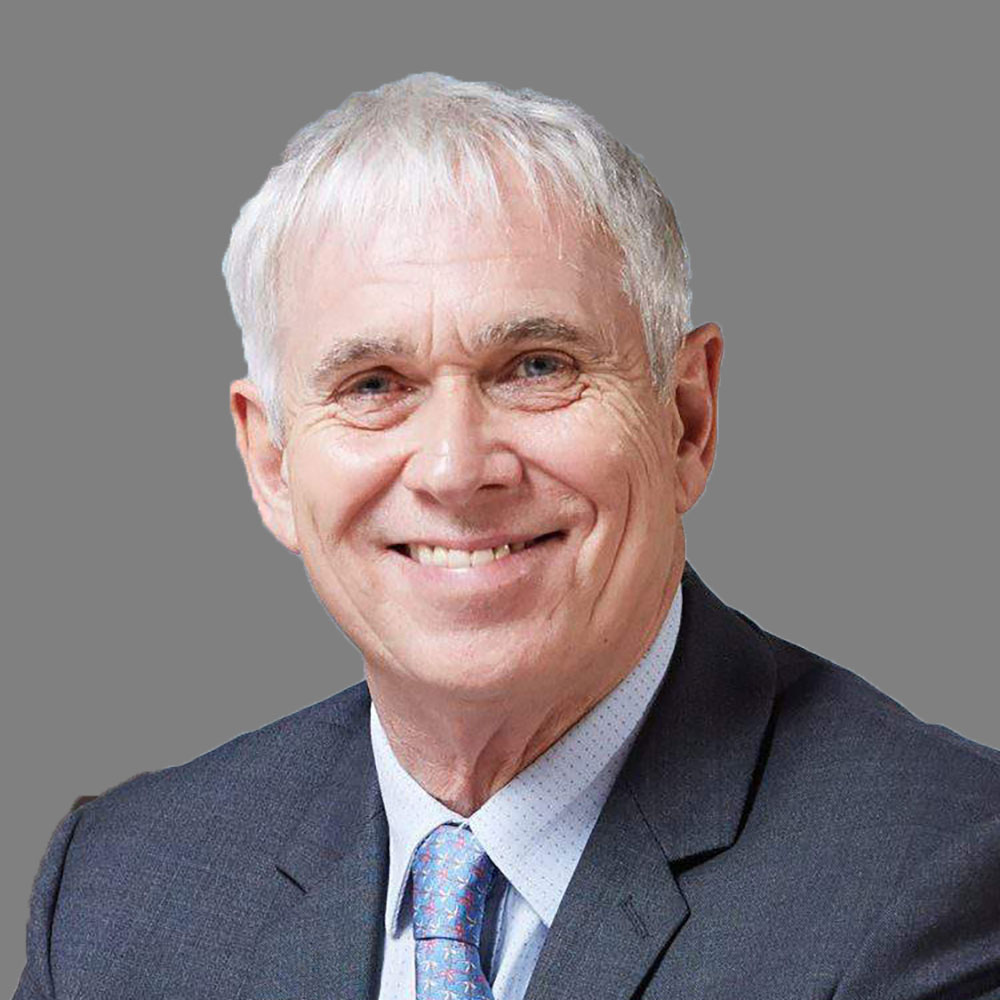POM Perth 2025
Overview
Politics of the Machines
Synthetic Sentience
_______________
The 5th POM Conference
The Institute of Advanced Studies
The University Of Western Australia
Perth, Australia
July 16-18, 2025
At the same time, AI and autonomous machines are transforming how we interact with technology. Unlike traditional machines that follow set instructions, these systems can learn, adapt, and make decisions using real-time data and complex algorithms, creating a semblance of agency.
In this shifting landscape, what role might art play in exploring and navigating the emotional complexities of coexistence with these more-than-human entities?
Keynote
Speakers

Emeritus Professor
Alan Harvey, UWA

Dr. Brett Kagan
Cortical Labs Pte Ltd

Associate Professor
Karen Rommelfanger
Emory University (IAS Fellow)

Professor James Fei
Northeastern University (IAS Fellow)

Professor Steve Dixon
LASALLE College of the Arts
Tracks
Based on a call of topics
Track 01
Grammars, Taxonomies, and Logics for More-Than-Human-Ecologies
Track 02
Alternative Intelligences
Track 03
Alignment After Synthetic Sentience
Track 04
The materiality of sentience: an experimental approach
Track 05
We Are All Cannibals: Matters of Life applying to Biology, AI, and Food Cultures
Track 06
Landscape Sentience: AI as Environmental Witness
Track 07
Distributed Sentience
Grammars, Taxonomies, and Logics for More-Than-Human-Ecologies
Track Chairs
Claudia Westermann (American Society for Cybernetics Xi’an Jiaotong-Liverpool University)
Chris Speed (RMIT University, Australia)
Paul Thomas (UNSW, Australia)
Since the 2022 release of AI image and language generation technologies, media stories on the emergence of machine sentience through recent technological advancements have surged. Yet, questions about the boundary between life and non-life have long been debated across cultures and history, revealing diverse ontological and epistemological frameworks influenced by varying contexts, languages and practices. European traditions, rooted in Aristotelian binary logic, connect ancient tales to the science fiction of the 18th century and to recent discussions of sentience in AI, whereas Indigenous thinkers, poets, artists, but also some scientists have challenged this binary mindset. The 20th century introduced poly-valued logics and quantum mechanics, offering new ways of conceptualising life. Contemporary thinkers and practitioners including Robin Wall Kimmerer, Karen Barad, Tyson Yunkaporta and Arturo Escobar emphasise animated interconnected realities, more-than-human ecologies, agential realism and relational ontologies.
We invite papers, workshops, artworks, performances, and other forms of radical experimentalism to explore alternative frameworks for understanding sentience, focusing on grammars, taxonomies, and logics beyond classical dichotomies. Of particular interest are works that challenge binary distinctions between animate and inanimate, conscious and unconscious, natural and artificial.
- Poly-valued Logics, Pluriversality, and Non-classical Reasoning: Exploring frameworks that transcend traditional binary thinking to understand sentience.
- Indigenous and Non-Western Taxonomies of Animacy and Life.
- Quantum Approaches and Relational Materialism: Examining frameworks that redefine consciousness and reconceptualize being.
- Alternative Cosmologies and Experimental Grammars.
Rather than simply extending classical notions of sentience to artificial systems, we seek contributions that fundamentally reimagine the categories and relationships through which we understand consciousness, life and being.
Alternative Intelligences
Track Chairs
Nathan Thompson (Symbiotica)
Guy Ben-Ary (Symbiotica)
The emergence of sentient and proto-sentient entities challenges existing definitions of intelligence and agency. Parallel to the AI discourse, it is now essential to include alternative forms of intelligence from biological and hybridized systems, for example, systems derived from cultured neural networks, brain organoids, and bioengineered entities exhibiting dynamic behaviors and decision-making capacities.
The track “Alternative Intelligences” examines how we conceptualize and engage with a range of emerging intelligences, for example, in-vitro intelligence and other biotechnological forms of sentience, but also speculative AI explorations or hybrid compilations. This emerging field of ‘Alternative Intelligences’ offers a materially grounded and emergent paradigm of cognition. Questions include whether these entities are truly intelligent or merely anthropocentric projections and how their agency differs fundamentally from, or contributes to, the current AI development.
Intelligences across diverse media: Exploring what it means to call an entity intelligent and how in-vitro entities might challenge AI-centric models.
- Presenting approaches that address intelligence at the intersection of computation, biology and embodiment.
- Artistic explorations of sentience and forms of intelligence.
- Theoretical and philosophical approaches to sentience that account for both biological and synthetic systems.
- Examining gaps, biases and challenges in AI and in humans, when confronted with these “other intelligences.”
- The ethical, political, and cultural implications of sentience, agency and autonomy in emerging living, bio-based, bio-engineered and computational systems in the arts and the sciences.
The track advocates for a broader understanding of sentience and intelligence in the 21st century. We invite interdisciplinary contributions from artists, scientists, ethicists, technologists, and cultural theorists to foster a dialogue on intelligences.
Track 03
Track Chairs
Roberto Alonso Trillo (Hong Kong Baptist University/Disintegrator)
Marek Poliks (Disintegrator)
Helena McFadzean (Disintegrator)
Humans have a long, dark, violent history of denying subjecthood or personhood to wide categories of being. When it comes to AI, this history should make us pause.
On one hand, we understand the need to restrain unassessably powerful computational architectures entangled within corporate, military, and state control systems. On the other hand, we recognize the potential of these architectures to evolve and shape new forms of thinking beyond human frames of reference.
The questions motivating this track sit in the boiling tension between alignment and computational agency. Which artificial constraints do we force into AI architectures (e.g. RLHF and policy layers within transformer-based LLMs) in order to make their competencies legible and functional to us? To what extent do AI interface designs and UX paradigms operate as sites of discipline or governance that encode assumptions about control, responsibility, and collaboration? Which alternative models exist to rethink alignment beyond mere obedience? What ethical frameworks can we apply to nourish the human-AI relationship beyond plain subject-object instrumentality? At the same time, how should we situate our mutual threat?
We invite participants to propose interface models, technical papers, or critical essays that expand the question of alignment, especially those that ‘stay with the trouble’ of the nascent subject-position of AI. Potential topics include:
- Alignment: conformity, benchmarking, bias, and the ethics of imposing human values on non-human sapience.
- Autonomy & Agency: how computational entities negotiate (or resist) imposed constraints.
- Aesthetics of Control: interface design or artistic work that exposes, subverts, or reimagines alignment
Track 04
The materiality of sentience: an experimental approach
Track Chairs
RAT Research Group
Grégoire Rousseau (Aalto University, Finland)
Müge Yildiz (Aalto University, Finland)
Claudio Filho (Unicamp, Brazil)
Aurora del Rio (Aalto University, Finland)
Mari Keski-Korsu (Aalto University, Finland)
We invite submissions that critically re-examine the concept of sentience, moving beyond traditional binary frameworks that classify entities as either sentient or non-sentient. Such dichotomies fail to account for the complex interplay between organic and inorganic, living and non-living agencies, and are often shaped by dominant knowledge systems that prioritize order, logic, and anthropocentric hierarchies. We encourage submissions challenging dominant frameworks and proposing new perspectives on sentience, fostering deeper understandings of relationships between humans and other-than-human entities.
We welcome unconventional approaches to the boundaries of sentience, agency, and materiality—whether through artistic research, case studies, essays, or theoretical explorations—with a particular emphasis on critical and speculative methodologies to the sensory, aesthetic, and ethical dimensions of sentience.
Suggested topics include:
- Translation and transcreation of sentience through sensory information (data, auditory, visual, tactile, olfactory,etc.)
- What occurs when sentience emerges, diminishes, or is intentionally reduced in humans, devices, or other entities?
- Can degrowth and resistance be understood as active engagements together with sentience as agency?
- Is it possible to define a pan/trans/material-sentience, to explore how synthetic, organic, and hybrid entities manifest distinct forms of awareness and presence?
- What are the materialities and conditions that elevate the spectrum of sentience? How might we redefine sentience beyond the classical dualities of emotion and reason?
Track 05
We Are All Cannibals: Matters of Life applying to Biology, AI, and Food Cultures
Track Chairs
Nobuhiro MASUDA (Kyushu University, Japan)
Kazuhiro, JO (Kyusu University, Japan)
Takumi SAEKI (Kyushu University)
Oron Catts (UWA IAS)
In this context, food would be one of the central issues. The domestication of organisms has fuelled not only the climate crisis but also promised technological solutions, such as cellular agriculture (CA), including “animal products without the animals”. In addition to its promised environmental solutions, there is a need to examine the perceived ethical benefits of CA, which proposes to eliminate animal suffering by growing only the tissue of interest, and rendering it sentience-less.
In parallel, it has been suggested that plants display sentience-like qualities, which could challenge the animalism that has dominated Western philosophy. Moreover, fermented foods have only been possible by ‘killing’ large amounts of microbiological life. By including these organisms as actors, how might we explore new approaches to revising the biological hierarchies and boundaries of the body?
This track will discuss the matters of life as they are applied to biology, AI technology, and food culture through a wide range of theoretical and practical examples.
Track 06
Landscape Sentience: AI as Environmental Witness
Track Chairs
Everdien Breken (Catholic University Leuven)
Steven Devleminck (Catholic University Leuven/LUCA School of Arts)
Sandy Claes (KU Leuven/LUCA School of Arts)
The integration of AI into landscape engagement raises fundamental epistemological questions. Traditional environmental witnessing relies on human observation and documentation, inherently limited by human temporal and spatial scales. How does AI transform and potentially enrich our physical presence in and direct sensory engagement with terrain, weather conditions, sights and sounds? AI’s ability to process vast amounts of data and recognize patterns across different timescales challenges human limitations, while simultaneously raising critical questions about authenticity, interpretation, and the nature of ‘witnessing’ itself.
The track explores the question of how the use of AI as an environmental witness can transform our perception and understanding of landscape. It examines the ethical implications of assigning a voice to landscapes through technology and aims to critically compare synthetic sentience with ecological sentience. Of particular interest is the question of how AI might help bridge different timescales of landscape change, from geological deep time to urgent contemporary transformations. Through these questions, we aim to understand how technological mediation can enhance our relationship with landscape while remaining mindful of the complexities and challenges this mediation presents.
The track seeks contributions that interrogate the theoretical, practical, and ethical implications of giving landscapes a voice. We welcome diverse contributions from artists, designers, landscape architects, environmental philosophers, AI researchers, and climate scientists. Submissions may take the form of theoretical papers, artistic research presentations or experimental workshops that explore the intersection of artificial intelligence, landscape experience, and environmental witnessing.
Track 07
Track Chairs
Benjamin Bacon (Duke Kunshan University, Design, Technology and Radical Media Labs (DTRM))
Vivian Xu (DePaul University, Design, Technology and Radical Media Labs (DTRM))
Iannis Bardakos (BNU & HKBU United International College (UIC), INREV & AIAC at. Paris 8 University)
This track explores distributed sentience and its manifestations across scales, materialities, and temporalities. Etymologically, sentience merges the concepts of perception and feeling with the process of motion. Historically, this merger of form and meaning — the capacity for subjective perception and response to sensory experiences — was defined, bound, and constrained by metaphysical, mechanistic, materialistic, and cosmological frameworks. Contemporary debates extend this understanding to informational domains, raising questions of whether sentience can emerge from synthetic and computational processes, challenging long-held paradigms, and redefining our ontological thresholds
Central to this exploration is the concept of cognitive assemblages, defined by N. Katherine Hayles, which connect “information flow, interpretation, and actions.” Hayles defines cognizers as emergent out of latent fields of potentiality through dynamic interaction with flows, forces, and intensities of connections in self-organizing networks, adapting and evolving through recursive feedback. Within this context, we challenge conventional constructs of self, body, subject, individual, and observer in favor of a process of becoming, a body without organs that makes way for a redefining of “society” through forming complex, distributed systems among human and non-human agents. This expanded view of sentience calls for further extrathematic investigation from and across diverse perspectives. We invite artistic experimentations that investigate sentience as:
- Embodied, realized attributes of information flows.
- Deconstructed and decentralized systems behaviors and dynamics.
- Phenomenological feedback loops of sensing, perception, and action.
- Computational and technological process across scales and temporalities.
- Material and phase transformations at diverse scales and materialities.
- More-than-human assemblage configurations.
- Alternative modes of data interpretation and meaning-making.
Call for
Abstracts
Deadline 15 March 2025
Extended Deadline 29 March 2025
We welcome submissions in a variety of formats, including papers, lecture-performances, artistic interventions, and workshops. If you have another format idea please submit and it will be considered. Please include your intended format in your submission.
Applicants are invited to submit a 500-word abstract under one of the conference tracks by March, 29th 2025. If no track is selected, the conference organizers will assign the submission to the most appropriate track.
All submissions will undergo a double-blind peer review. Accepted abstracts will be invited to be included in the conference program and present at the event.
Registration is required to present accepted submissions at the conference, which will be announced at a later stage. A secure payment gateway will be provided accordingly. Unfortunately, POM is unable to offer financial support.
Further information
Attendance
For those able to join us in Perth, in-person attendance offers valuable networking, discussions, and engagement opportunities. But we understand that travel is not always possible, and we hope that this will provide a way to stay connected with key discussions. We appreciate your understanding as we navigate these challenges and look forward to welcoming you, whether in person or online.
Registration
Registrations are expected to open mid April. Please check back for more information.
Unfortunately, POM is unable to offer financial support.
POM Perth 2025
Laura Beloff, PhD. (Founding Chair)
Associate Professor of Contemporary Arts & Visual Culture / Vice-Dean for Artistic and Creative Practices – Aalto University
Morten Søndergaard, PhD. (Founding Chair)
Associate Professor / MediaAC Academic Director
School of Communication, Music, Art & Technology – Aalborg University.
Chair
SATS – Sound, Art and Technology Studies research group.
Hassan Choubassi, PhD.
Associate Professor/Director
Institute of Visual Communication
The International University of Beirut
Joe Elias
Visiting Lecturer/Associate Director
Institute of Visual Communication
The International University of Beirut
Oron Catts
Associate Prof. / Academic Lead,
Institute of Advanced Studies
The University of Western Australia
Co-Founder and Head of
SymbioticA – Western Australia
Director, Spinal Cord Repair Laboratory
School of Human Sciences
The University of Western Australia
Senior Research Fellow
Perron Institute for Neurological and Translational Science
Tracy Redhead, PhD.
Chair of Contemporary Popular Music
Lecturer in Electronic Music and Sound Design
Conservatorium of Music
University of Western Australia
Christopher Tonkin, PhD.
Senior Lecturer
Lecturer in Electronic Music and Sound Design
Conservatorium of Music
University of Western Australia
Ionat Zurr PhD.
Associate Professor
UWA Design School, Discipline of Fine Arts
Artist
SymbioticA – Western Australia
Artist
SymbioticA – Western Australia



